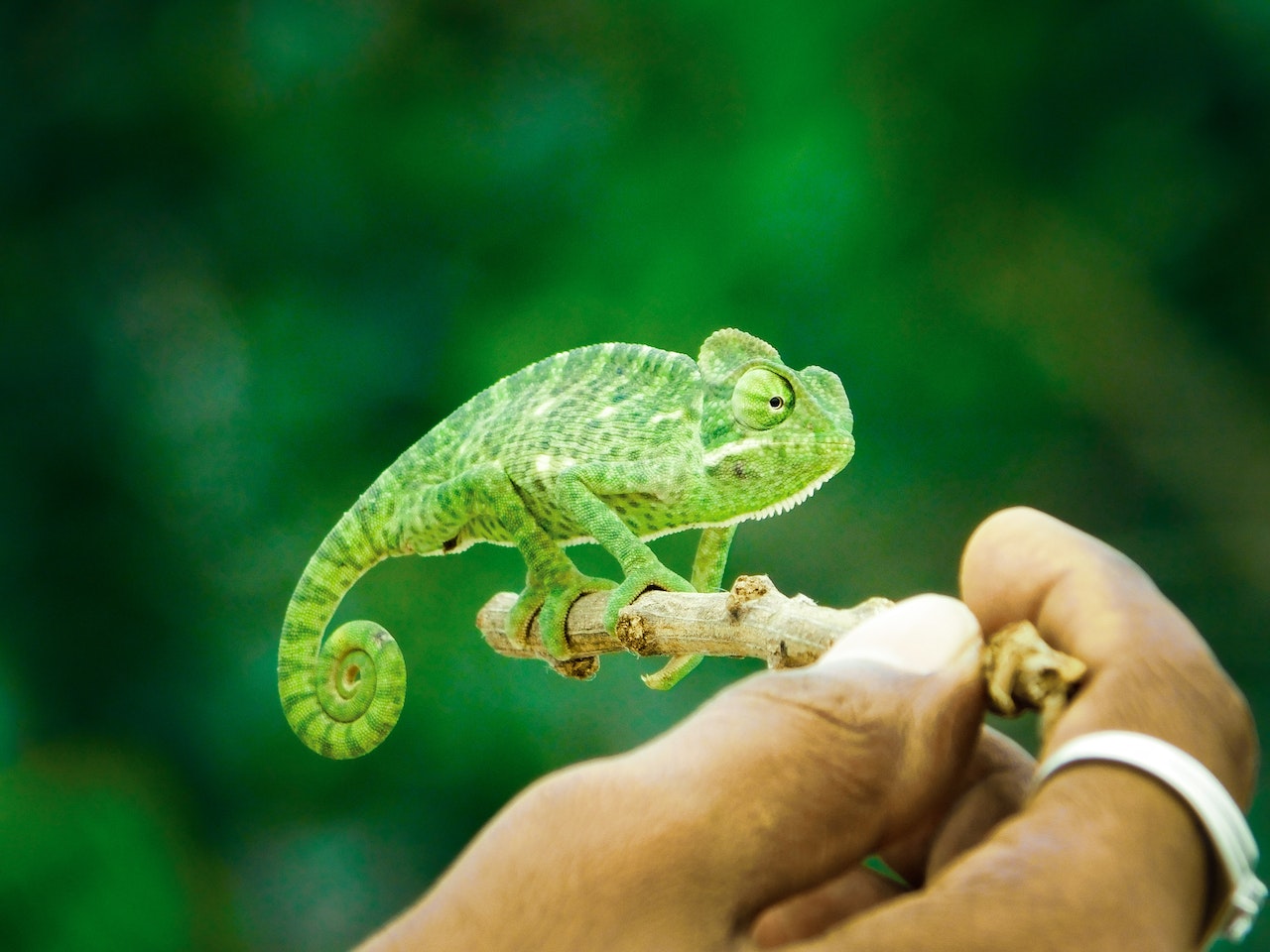Reptile Ownership Benefits: Why Owning a Reptile is Worthwhile
Reptiles are unique pets that come in many shapes and sizes, from small geckos to large iguanas.
While some people may be hesitant to own a reptile, there are actually many benefits to bringing one into your home.
In this article, we will explore the benefits of owning a reptile and why they make great pets.
Brief History of Keeping Reptiles of Pets
Reptiles have been kept as pets for thousands of years, with evidence of their domestication dating back to ancient Egypt.
Today, reptiles remain a popular choice for pet owners, with many people enjoying the unique qualities that these animals possess.
Owning a reptile can be a fun and rewarding experience, providing many benefits to both the owner and the pet.
11 Benefits of Owning a Reptile as a Pet
Here’s an in-depth look at all the primary benefits associated with owning a reptile pet:
1. Low Maintenance
One of the biggest benefits of owning a reptile is the low level of maintenance that they require compared to other pets.
Reptiles are cold-blooded animals, meaning that they do not need to eat as often as warm-blooded animals.
Most reptiles only need to be fed once or twice a week, and they also require less water than other pets.
In addition, reptiles do not require daily walks or exercise like dogs, which can make them a great choice for people with busy schedules.
However, it is important to note that while reptiles may require less maintenance than other pets, they still require proper care and attention to keep them healthy.
2. Unique and Interesting
Reptiles are some of the most unique and interesting pets that you can own.
They come in a wide variety of shapes and sizes, with each species having its own unique characteristics.
Some reptiles, such as chameleons, are able to change color to match their surroundings, while others, like snakes, can swallow prey whole.
Many reptiles are also able to live for decades, meaning that they can become a long-term companion and friend.
3. Educational Value
Owning a reptile can also provide great educational value, especially for children.
Reptiles can teach children about the biology and behavior of animals, as well as the importance of responsible pet ownership.
Children who own reptiles can learn about the different species, their habitats, and their behaviors.
This can inspire an interest in science and nature that can last a lifetime.
4. Therapeutic Value
Many people find that owning a pet can be therapeutic, and reptiles are no exception.
Caring for a pet can provide a sense of purpose and can help to reduce stress and anxiety.
Reptiles are quiet animals that can provide a calming presence in the home, and many people find that they enjoy simply watching their pet and observing its behaviors.
5. Affordable
Another benefit of owning a reptile is that they are often more affordable than other pets.
While the initial cost of purchasing a reptile and its habitat can be high, the ongoing cost of care is typically lower than other pets.
Reptiles require less food and water than other pets, and they also do not require expensive grooming or medical care.
This can make them a great choice for people who are on a tight budget.
6. Unique Bond
While some people may think that reptiles are not capable of forming a bond with their owners, this is not true.
Many reptiles are able to recognize their owners and can show affection towards them.
Some reptiles, such as bearded dragons, are even known to enjoy being held and petted.
Owning a reptile can be a great way to form a unique and special bond with an animal that is unlike any other.
7. Long Lifespan
Many reptiles have a long lifespan, meaning that they can become a long-term companion for their owners.
Some reptiles, such as tortoises, can live for over 100 years with proper care.
This can provide a sense of continuity and stability in the owner’s life, especially for those who may experience changes in their personal lives or living situations.
Owning a pet that will be with you for decades can be a source of comfort and companionship.
8. Quiet
Reptiles are generally quiet animals that do not make a lot of noise.
They do not bark, meow, or make other loud noises that can disturb the peace and quiet of a home.
This can be particularly beneficial for people who live in apartments or shared living situations where noise can be an issue.
Moreover, reptiles are often active during the day, which means that they are unlikely to disrupt sleep patterns.
9. Low Allergenic
For people with allergies to pets, owning a reptile can be a great option.
Reptiles do not produce dander or fur, which are the primary causes of allergies in other pets.
While some people may be allergic to the proteins found in reptile skin, this is relatively rare.
Overall, reptiles are a great choice for people who love animals but cannot tolerate the allergens that come with other pets.
10. Unconventional
Owning a reptile is a unique and unconventional choice, which can be appealing to some people.
Reptiles are not as common as other pets, which can make them stand out and be a conversation starter.
Also, caring for a reptile can be a fun and interesting challenge for pet owners who are looking for something outside of the norm.
11. Environmentally-Friendly
Many reptiles are environmentally-friendly pets that have a low impact on the environment.
Unlike dogs and cats, reptiles do not require the use of resources like water or land for exercise.
Additionally, they do not produce waste in the same way that other pets do. Reptiles are also often bred in captivity, which can help to reduce the demand for wild-caught animals.
Conclusion
Owning a reptile can provide many benefits to both the owner and the pet.
Reptiles are low maintenance, unique, educational, therapeutic, affordable, and can form a unique bond with their owners.
They are also generally quiet, low allergenic, unconventional, and environmentally-friendly.
While owning a reptile may not be for everyone, those who are willing to take on the responsibility can enjoy a fun and rewarding experience with a unique and fascinating pet.
FAQs
What kind of reptiles make good pets?
Some popular pet reptiles include bearded dragons, leopard geckos, ball pythons, and red-eared slider turtles.
How often do reptiles need to be fed?
Most reptiles only need to be fed once or twice a week, depending on the species and age of the animal.
Are reptiles difficult to take care of?
While reptiles may require specialized care, they are not necessarily more difficult to take care of than other pets. With proper research and preparation, most people can provide a healthy and happy home for their pet reptile.
Can reptiles be trained?
While reptiles may not be able to learn tricks like dogs or cats, some species can be trained to respond to their owners and can become accustomed to handling and interaction.
Do reptiles require specialized veterinary care?
Yes, reptiles require specialized veterinary care from a veterinarian who is knowledgeable about reptile health and behavior. It is important to find a vet who has experience with reptiles and can provide appropriate care.
Peter Stones is the founder of Exotic Pets Place, the leading online resource for exotic pet care information.
With over 10 years of hands-on exotic pet ownership experience, he is deeply passionate about sharing his expertise to help others properly care for their unusual pets.
When he's not writing extensively researched articles or connecting with fellow exotic pet enthusiasts worldwide, you can find Peter at home tending to his own beloved menagerie of exotic animals.







